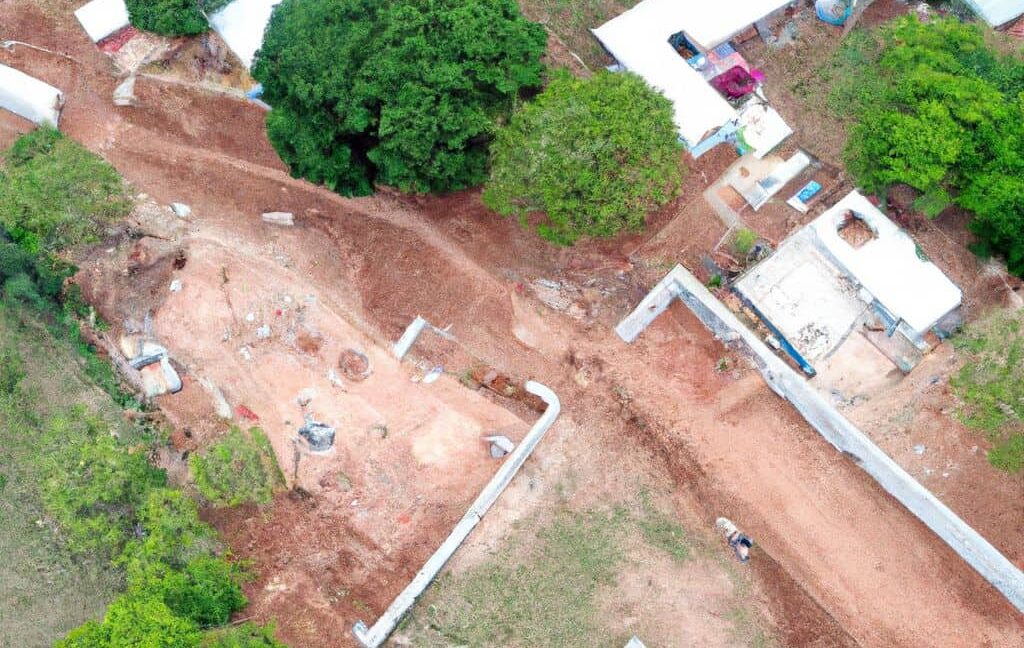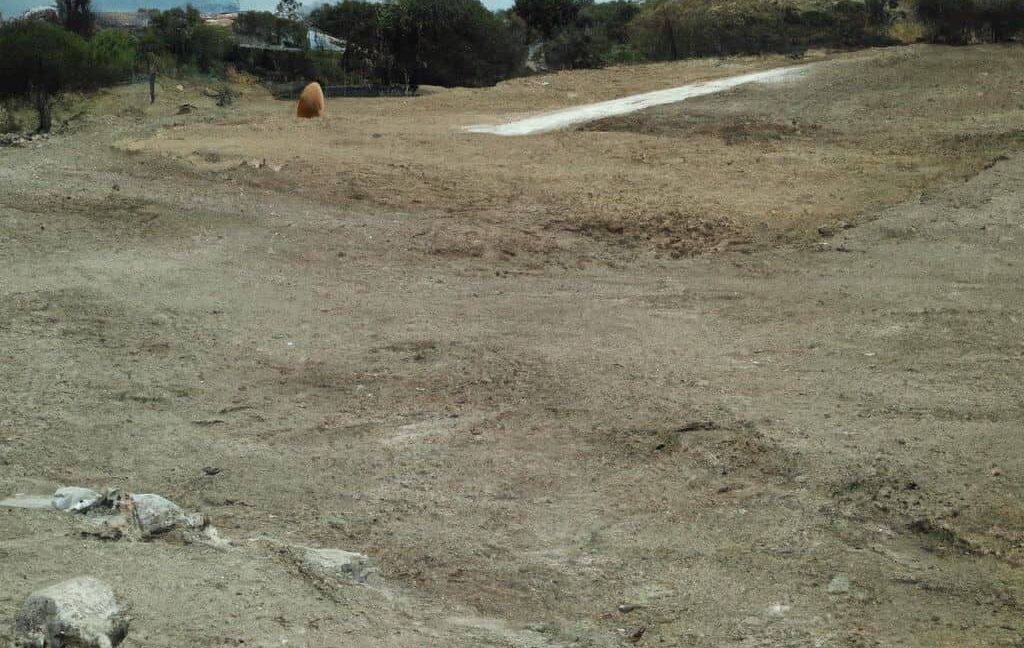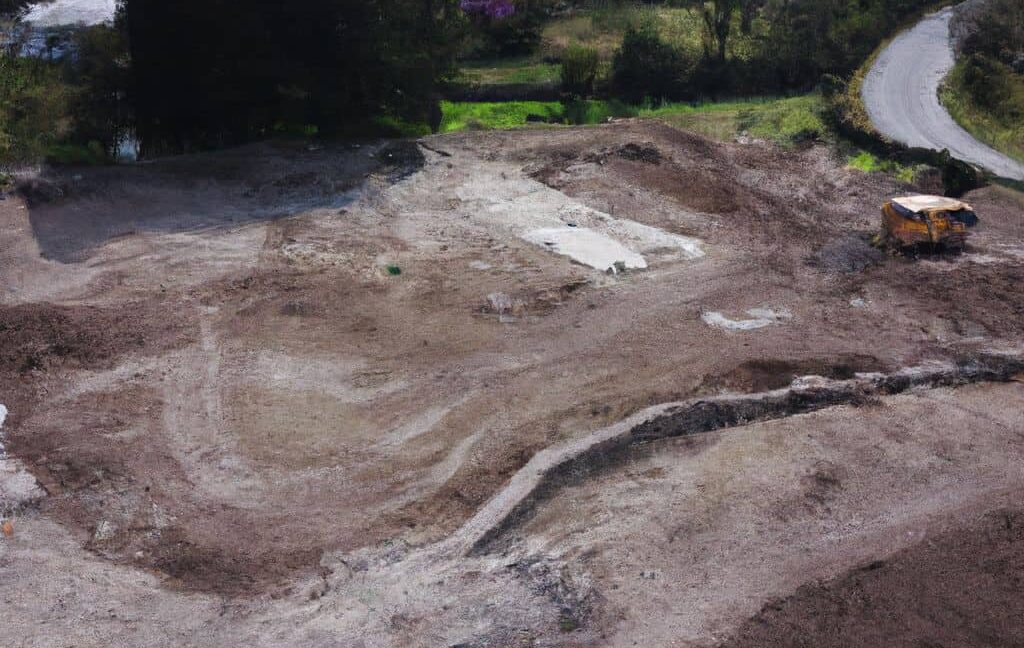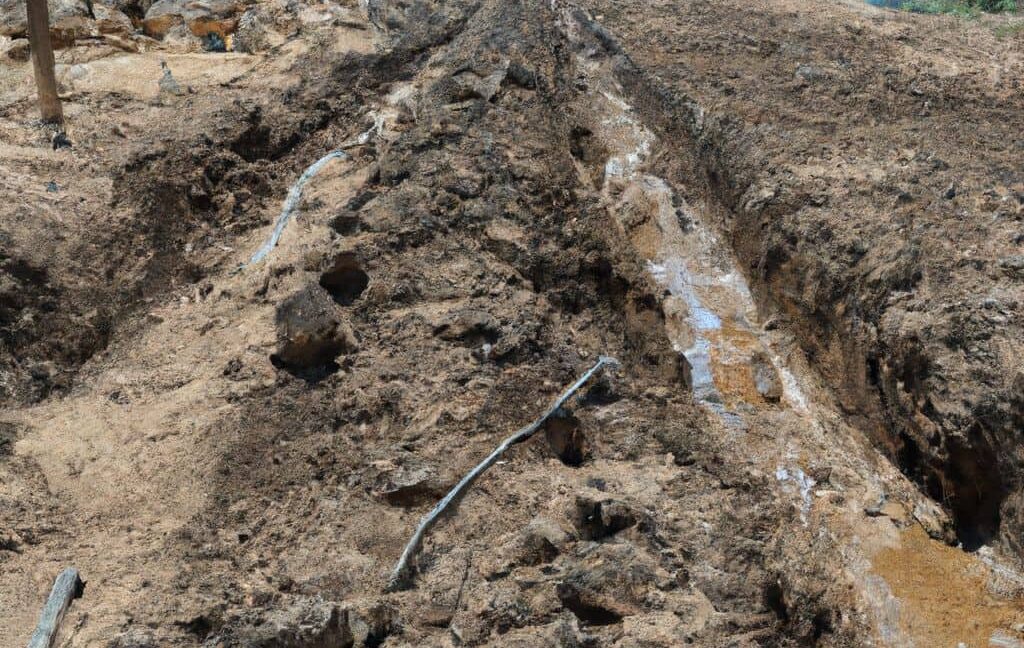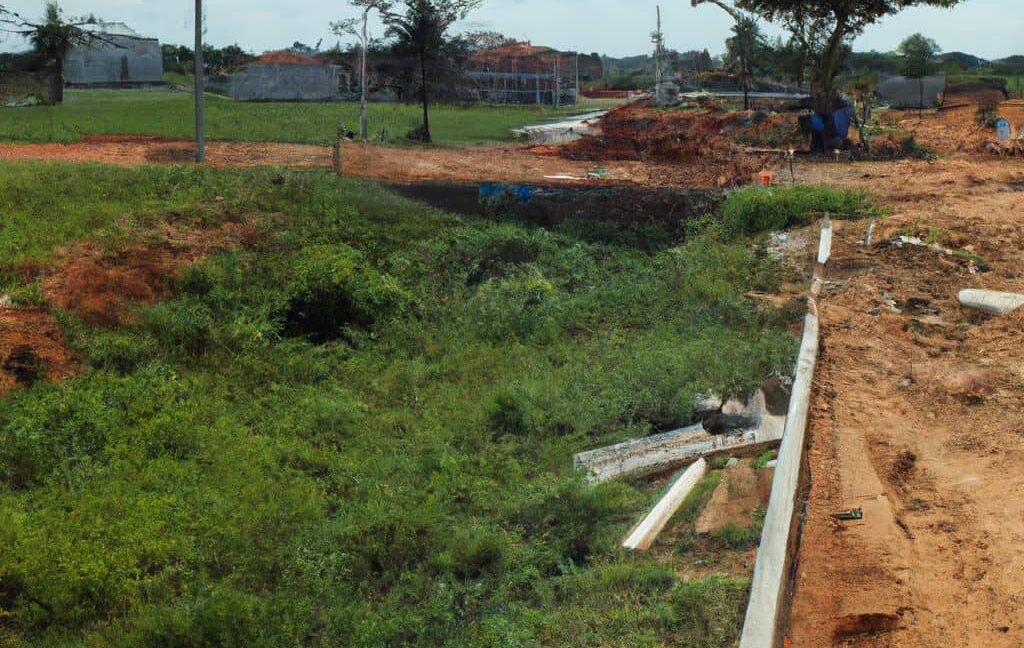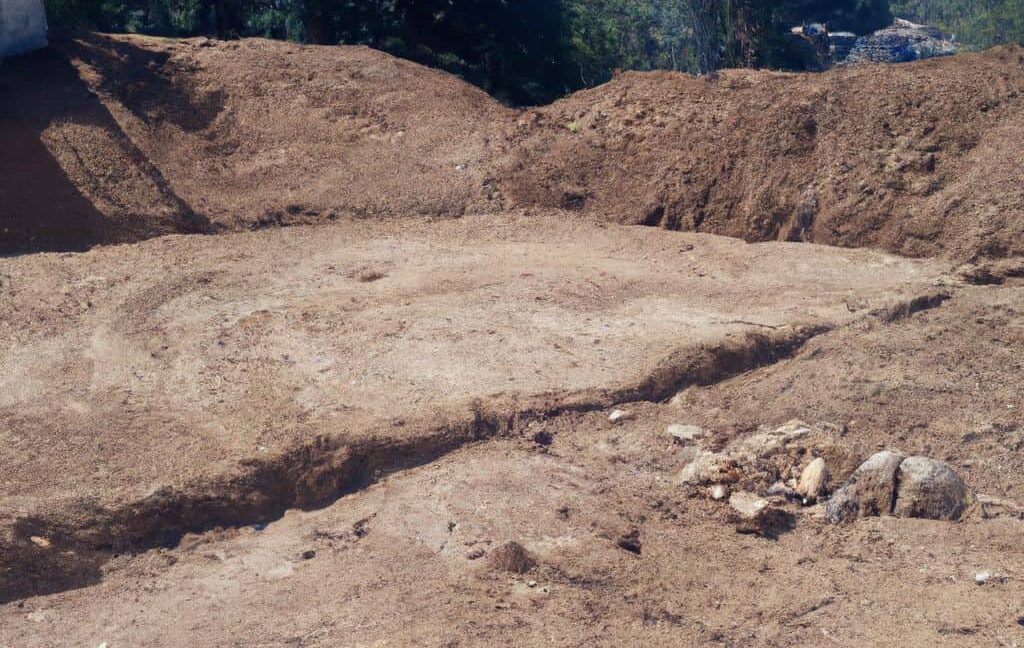Spain's geography and history have meant that the country has a wide variety of land types, restrictions and regulations.
Spain is also a country that has suffered a major economic and real estate recession in the last decade, which has made investing in property there a potentially risky venture.
However, these difficulties do not mean that it is not possible to build in Spain. In fact, many foreign investors have had success with land there. Moreover, if you take your time and do your research, investing in land in Spain has many advantages.
This guide will provide you with an overview of the areas in which you will be able to can build in Spain, as well as some ideas on how best to proceed if you are considering doing so.
What can be built in Spain?
There are certain types of land on which you can build almost anything in Spain. This includes any rural land you can find. If you buy this type of land, you will have a lot of freedom in deciding exactly what to build on it.
This type of terrain can be acquired on the basis of ownership or long-term lease. In some cases, it will be possible to buy a plot of land for housing construction. However, it is not always easy to know exactly what type of land you will be able to buy.
You can also build on commercial or industrial land in Spain. If you do so, you will need to be sure that the project is something that has been approved by the government, either through a regular process or a special regime.
Zoning and land use regulations
There are two main types of rules that affect what we do and what we do not do. can build on land in Spain: zoning and land use regulations. Spanish zoning regulations follow a two-tier system. In general, urban areas are divided into three types of zoning: Residential, Commercial and Industrial.
Rural areas are divided into Suelo Rural, which is not buildable, and Suelo No Urbanizable, which is buildable with the appropriate permit. These zoning rules are applied at the municipal level, so there is a great deal of variation between municipalities. Therefore, it can be very difficult for potential investors to determine what types of projects would be approved and where.
However, this does not mean that you cannot build on undeveloped land. You can always apply for permission to build, even on rural land. If you are successful, you will be granted permission to build for a period of time and under certain conditions.
Rural Land
As mentioned above, Suelo Rural is undevelopable land, which is not suitable for urbanisation. However, when the economic crisis hit Spain in 2008, many municipalities in the country decided to declare certain types of their Suelo Rural as Suelo No Urbanizable.
This means that it is suitable for construction and can be used for urbanisation. Currently, many municipalities in Spain are experiencing a housing shortage, and are eager to use their available land to generate more housing.
This has led many to declare their Rural Land as Suelo No Urbanizable. There have been reports of investors buying Rural Land and then waiting for municipalities to declare it as Suelo No Urbanizable, at which point the land is rezoned for development and can be sold for a profit.
However, this is a risky strategy, as it depends on municipalities changing their zoning regulations. And even when municipalities change their zoning regulations, they may not choose to declare Rural Land as Undeveloped Land.
Residential areas
Some municipalities have introduced an accelerated procedure for approving building projects for residential use. This means that developers can build housing on certain plots of land without going through the normal planning and zoning process. You can find out which municipalities have introduced such regulations and what kind of projects would be eligible by contacting the municipal government.
Commercial areas
Again, some municipalities have introduced an accelerated procedure for approving construction projects for commercial use. This means that developers can build commercial properties on certain plots of land without going through the normal planning and zoning process.
You can find out which municipalities have introduced such regulations and what kind of projects would be eligible by contacting the municipal government.
Industrial zones
Many municipalities allow investors to build industrial properties on land that is currently designated as Suelo No Urbanizable. However, you will have to apply for a building permit for any such project. You can find out whether a particular piece of land is suitable for industrial use by consulting the zoning regulations of the municipal government.
Conclusion
Soil in Spain has a wide variety of characteristics, and it is not possible to predict what type of soil will be available in a given municipality.
However, it is normally possible to build on any plot of land in the country, even on undeveloped land.
However, it is important to remember that the freedom to build does not mean that you can easily obtain a building permit.
If you want to build in Spain, you will have to follow the proper procedures and obtain the necessary permits.




